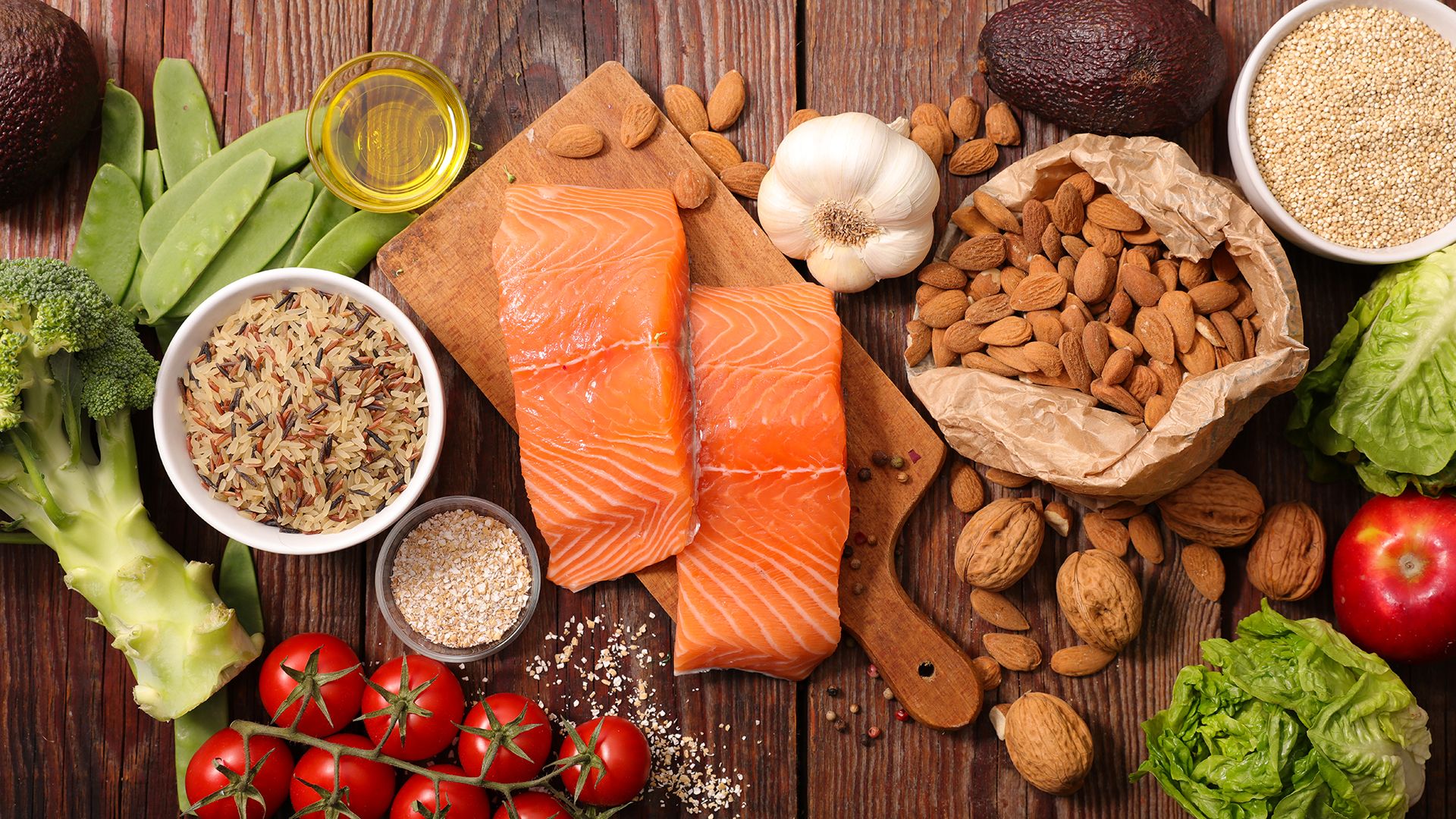The MIND diet is a dietary pattern that combines elements of the Mediterranean diet and the DASH (Dietary Approaches to Stop Hypertension) diet. It has gained attention for its potential to support brain health and reduce the risk of cognitive decline and neurodegenerative diseases, such as Alzheimer’s disease. In this comprehensive guide, we will explore the principles of the MIND diet, its potential benefits, recommended foods, and practical tips to help you get started.
What is the MIND Diet?
The MIND diet, which stands for “Mediterranean-DASH Intervention for Neurodegenerative Delay,” was developed by researchers at Rush University Medical Center. It emphasizes consuming specific foods and nutrients that are believed to be beneficial for brain health. The diet focuses on including foods that are rich in nutrients such as antioxidants, healthy fats, and anti-inflammatory compounds.
Benefits of the MIND Diet:
- Brain Health: The primary goal of the MIND diet is to support brain health and reduce the risk of cognitive decline and neurodegenerative diseases. Several studies have suggested that adherence to the MIND diet may help slow down age-related cognitive decline and lower the risk of developing Alzheimer’s disease.
- Heart Health: The MIND diet incorporates key principles of the Mediterranean and DASH diets, both of which have been shown to have positive effects on heart health. By emphasizing whole foods, healthy fats, and limiting processed foods and added sugars, the MIND diet can contribute to a heart-healthy eating pattern.
- Nutrient-Rich Foods: The MIND diet promotes the consumption of nutrient-dense foods that provide a wide range of vitamins, minerals, and antioxidants. These nutrients are essential for overall health and can support various bodily functions.
- Inflammation Reduction: The MIND diet includes foods that are known for their anti-inflammatory properties. Chronic inflammation has been linked to an increased risk of several chronic diseases, including those affecting the brain. By reducing inflammation, the MIND diet may help protect against neurodegeneration.
Foods to Include in the MIND Diet:
- Vegetables: Aim to include a variety of vegetables in your diet, with a particular emphasis on leafy greens, such as spinach and kale, as well as cruciferous vegetables like broccoli and cauliflower.
- Berries: Blueberries and strawberries are especially highlighted in the MIND diet due to their high antioxidant content. Other berries, such as raspberries and blackberries, can also be included.
- Whole Grains: Opt for whole grains like oats, brown rice, quinoa, whole wheat bread, and whole grain pasta, which provide fiber and important nutrients.
- Fish: Fatty fish, such as salmon, mackerel, and sardines, are rich in omega-3 fatty acids, which are beneficial for brain health. Aim to include fish in your diet at least twice a week.
- Poultry: Choose skinless poultry options, such as chicken and turkey, which are lean sources of protein.
- Beans and Legumes: Include a variety of beans and legumes, such as lentils, chickpeas, and black beans, as they are rich in fiber and plant-based protein.
- Nuts and Seeds: Almonds, walnuts, flaxseeds, and chia seeds are nutrient-dense options that provide healthy fats, fiber, and important micronutrients.
- Olive Oil: Use extra virgin olive oil as your primary source of fat. It is rich in monounsaturated fats and has been associated with various health benefits.
- Wine: In moderation, red wine is allowed in the MIND diet. It is recommended to limit consumption to one glass per day for women and up to two glasses per day for men.
- Foods to Limit: The MIND diet suggests limiting processed foods, fried foods, red meat, butter and margarine, cheese, pastries, and sweets.
Practical Tips for Following the MIND Diet:
- Gradual Transition: Start by gradually incorporating MIND diet principles into your eating pattern. Focus on adding more brain-healthy foods while reducing the intake of less nutritious options.
- Meal Planning: Plan your meals and snacks in advance to ensure you have a variety of MIND diet-approved foods available. This can help you stay on track and make healthier choices.
- Cooking at Home: Prepare your meals at home using fresh ingredients whenever possible. This allows you to have better control over the quality and nutrient content of your food.
- Mindful Eating: Practice mindful eating by slowing down, savoring each bite, and paying attention to your hunger and fullness cues. This can help you develop a healthier relationship with food and prevent overeating.
- Stay Hydrated: Drink plenty of water throughout the day to stay hydrated. Limit your consumption of sugary beverages, as they are not a part of the MIND diet.
- Physical Activity: Combine a healthy eating pattern with regular physical activity to optimize overall health and well-being.
- Individualize Your Diet: Remember that the MIND diet can be adapted to your individual needs and preferences. Consult with a healthcare professional or registered dietitian for personalized guidance.
Conclusion:
The MIND diet is a dietary pattern that focuses on promoting brain health and reducing the risk of cognitive decline and neurodegenerative diseases. By incorporating nutrient-dense foods, such as vegetables, berries, whole grains, fish, and healthy fats, the MIND diet offers a wide range of health benefits. Remember that the MIND diet is just one approach to healthy eating, and it’s important to consider individual needs and preferences. If you are interested in adopting the MIND diet, consult with a healthcare professional or registered dietitian for personalized advice and guidance.
- Ultimate CBD Bath Bombs and Self-Care Review: Relaxation and Relief Unveiled! - August 3, 2024
- Embark on a Vaping Adventure: My Personal Experience with the Vessel Expedition Series - July 9, 2024
- 11 Proven Health Benefits of Garlic - April 26, 2024

